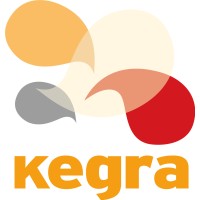
Chileda
Chileda is a nationally recognized education and comprehensive residential treatment center located in La Crosse, WI. Chileda's campus includes four duplexes along with an education building containing our school and indoor recreational areas. We serve individuals, ages 6-21, from across the United States. Youth who enter our program may be diagnosed with autism spectrum disorder, traumatic brain injury, attention-deficit hyper-activity disorder and other cognitive and behavioral challenges. Chileda’s services also extend to our In-Home Support Services that aim to serve individuals in our surrounding and local communities who live in their own home. Chileda has also opened an Adult Family Group Home in La Crosse County. This group home will improve the lives of former Chileda residents and students as they continue to age. Our highly trained and compassionate staff are leaders in their field who customize an individualized approach for each student to help them replace challenging behaviors so they can return to their least restrictive environment.






